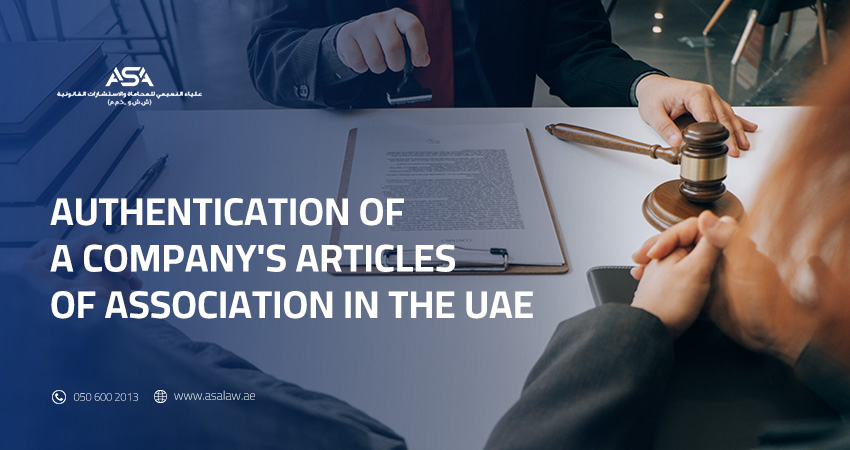On September 21, 2023, the Federal and Local Judicial Principles Unification Committee convened and issued its decision in Request No. 1 of 2023, submitted by the Federal Public Prosecutor, regarding the unification of judicial opinion concerning the cases in which a returned cheque is considered an executory instrument under the provisions of the Federal Decree-Law No. 50 of 2022 on the Commercial Transactions Law.
Legal Basis for the Decision
The Committee’s decision is based on Article 667 of Federal Decree-Law No. 50 of 2022, which provides that a cheque returned due to “insufficient funds” or “no funds available” shall be deemed an executory instrument, allowing the bearer to proceed with enforcement without a court judgment.
However, the law did not explicitly address the case of “account closure”, which resulted in conflicting judgments between the Dubai Court of Cassation and the Abu Dhabi Court of Cassation.
Substance of the Decision
The Committee, by majority vote, ruled that the reason “account closed” shall have the same legal effect as “no funds available” or “insufficient funds.” Accordingly, a returned cheque due to account closure is deemed an executory instrument, and the bearer is entitled to initiate enforcement proceedings, in whole or in part, through compulsory execution.
This decision represents a departure from the previous legal principle adopted by the Dubai Court of Cassation, which had restricted enforceability to the two specific reasons stated in the law—excluding account closure. In contrast, the Abu Dhabi Court of Cassation had ruled that account closure results in the same legal consequence as lack of funds.
Teleological Interpretation and Legislative Intent
The Committee adopted a teleological interpretation of the law, emphasizing that the legislative intent behind granting cheques the status of executory instruments—when returned due to financial insufficiency—is to enhance trust in cheques as a means of payment, protect creditors’ rights, and expedite enforcement procedures.
Since account closure prevents cheque clearance in the same manner as lack of funds, treating it as a legitimate cause for enforcement is logical and aligned with the spirit of the law.
Legal and Economic Impact of the Decision
This landmark ruling strengthens commercial and financial security by deterring bad-faith conduct, such as deliberately closing bank accounts before the cheque’s due date. It also reaffirms the cheque’s role as a powerful tool of settlement with enforceable legal weight.
Distinction Between “Account Closure” and “Insufficient Funds”
While account closure may involve an intentional act of evasion or harm, insufficient funds may occur unintentionally. Treating both scenarios equally ensures closure of legal loopholes and stability in commercial transactions.
Frequently Asked Questions
Is a cheque returned due to account closure considered an executory instrument?
Yes. Pursuant to the Judicial Principles Unification Committee’s decision issued in September 2023, such a cheque is enforceable, and the bearer may proceed with compulsory execution.
What is the difference between an enforceable cheque and an ordinary cheque?
An enforceable cheque may be directly executed before the enforcement judge without filing a lawsuit, whereas an ordinary cheque requires judicial proceedings to prove the right.
Can the enforcement of a cheque returned due to account closure be challenged?
Yes, challenges may be raised under general legal principles; however, the presumption of enforceability stands unless a legally valid justification is proven to prevent execution.
Our Legal Services
At Aliya Salem Al Nuaimi Law Firm, we closely monitor the latest judicial principles and legislative updates, offering clients expert legal counsel and strategic representation in cheque disputes and banking matters.
We represent clients before all levels of UAE courts in enforcement and debt recovery proceedings, always upholding the highest professional standards.






